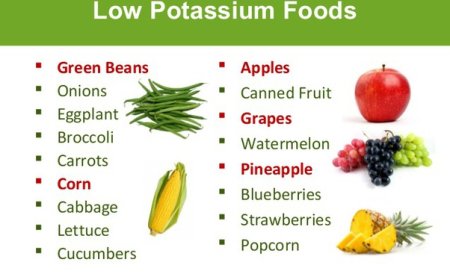How stress is fundamentally altering our memory processes
How stress is fundamentally altering our memory processes

Researchers at The Hospital for Sick Children (SickKids) have discovered that stress affects how the brain encodes and retrieves distressing memories. They have also developed a potential new approach to help restore proper memory specificity in individuals with post-traumatic stress disorder (PTSD).
For example, if you experience stress during a presentation, you may feel anxious about your next one because your brain associates the upcoming presentation with the previous negative experience. This type of stress is linked to a single memory. However, stress from traumatic events, such as violence or generalized anxiety disorder, can extend far beyond the original event. This phenomenon is known as stress-induced aversive memory generalization, where seemingly unrelated triggers—like fireworks or a car backfiring—can evoke fearful memories, disrupting your entire day. In the case of PTSD, the consequences can be far more severe.
In a study published in Cell, Sheena Josselyn and Paul Frankland, senior scientists in the Neurosciences & Mental Health program, identify the biological processes behind stress-induced aversive memory generalization. They also highlight a potential intervention to restore appropriate memory specificity for individuals with PTSD.
“A little bit of stress is beneficial; it’s what motivates you in the morning when your alarm goes off, but excessive stress can be debilitating,” says Josselyn, who holds a Canada Research Chair in Circuit Basis of Memory. “We know that people with PTSD react fearfully to safe situations. We've found a way to limit these responses to specific contexts, potentially reducing the harmful effects of PTSD.”
Along with their colleague Matthew Hill at the University of Calgary's Hotchkiss Brain Institute, the research team discovered that blocking endocannabinoid receptors on interneurons could reduce stress-induced aversive memory generalization, thus preserving memory specificity.
In a preclinical model, the team exposed subjects to acute but safe stress before an aversive event, creating a generalized fearful memory that could be triggered by unrelated, safe situations—similar to how PTSD manifests in humans. The researchers then examined the subjects' memory engrams, which are physical representations of memories in the brain—a concept pioneered by the Josselyn and Frankland labs at SickKids.
Normally, engrams consist of a small number of neurons, but stress-induced memory engrams involved a significantly larger number of neurons. These larger engrams led to generalized fearful memories that could be triggered even in safe environments.
Upon further analysis, the study found that stress increased the release of endocannabinoids (endogenous cannabinoids), which disrupted the function of interneurons responsible for limiting the size of the engram. The endocannabinoid system plays a key role in memory formation and linking experiences with specific behavioral outcomes.
In the amygdala, the brain’s emotional processing center, certain interneurons with specialized endocannabinoid receptors help regulate the size and specificity of memory engrams. However, when excessive endocannabinoids are released, it disrupts the function of these interneurons, resulting in larger engrams and more generalized fearful memories.
“Endocannabinoid receptors act like a velvet rope at an exclusive club,” explains Josselyn. “When stress induces the release of too many endocannabinoids, the velvet rope falls, allowing more generalized fearful memories to form.”
By blocking these receptors in specific interneurons, the researchers believe they could prevent one of the most debilitating symptoms of PTSD.
In 2023, previous research published in Science showed that larger, more generalized memory engrams exist in the developing brain compared to the adult brain, similar to stress-induced engrams. The researchers are continuing to explore the link between engram size, stress, and age, as well as how daily stressors might affect positive memories.
“The complexity of human memory is still being unraveled,” says Frankland, who holds a Canada Research Chair in Cognitive Neurobiology. “As we gain a deeper understanding of memory, we hope to inform real-world therapies for individuals with various psychiatric and brain disorders throughout their lives.”
What's Your Reaction?




















































































